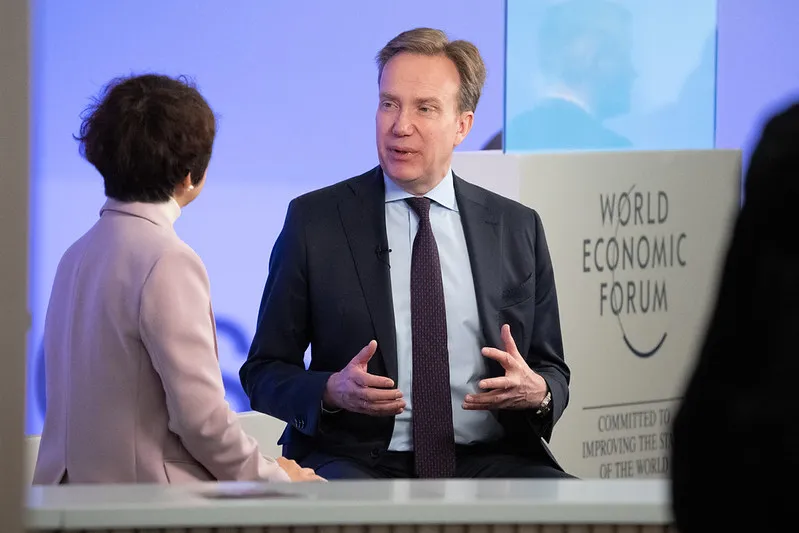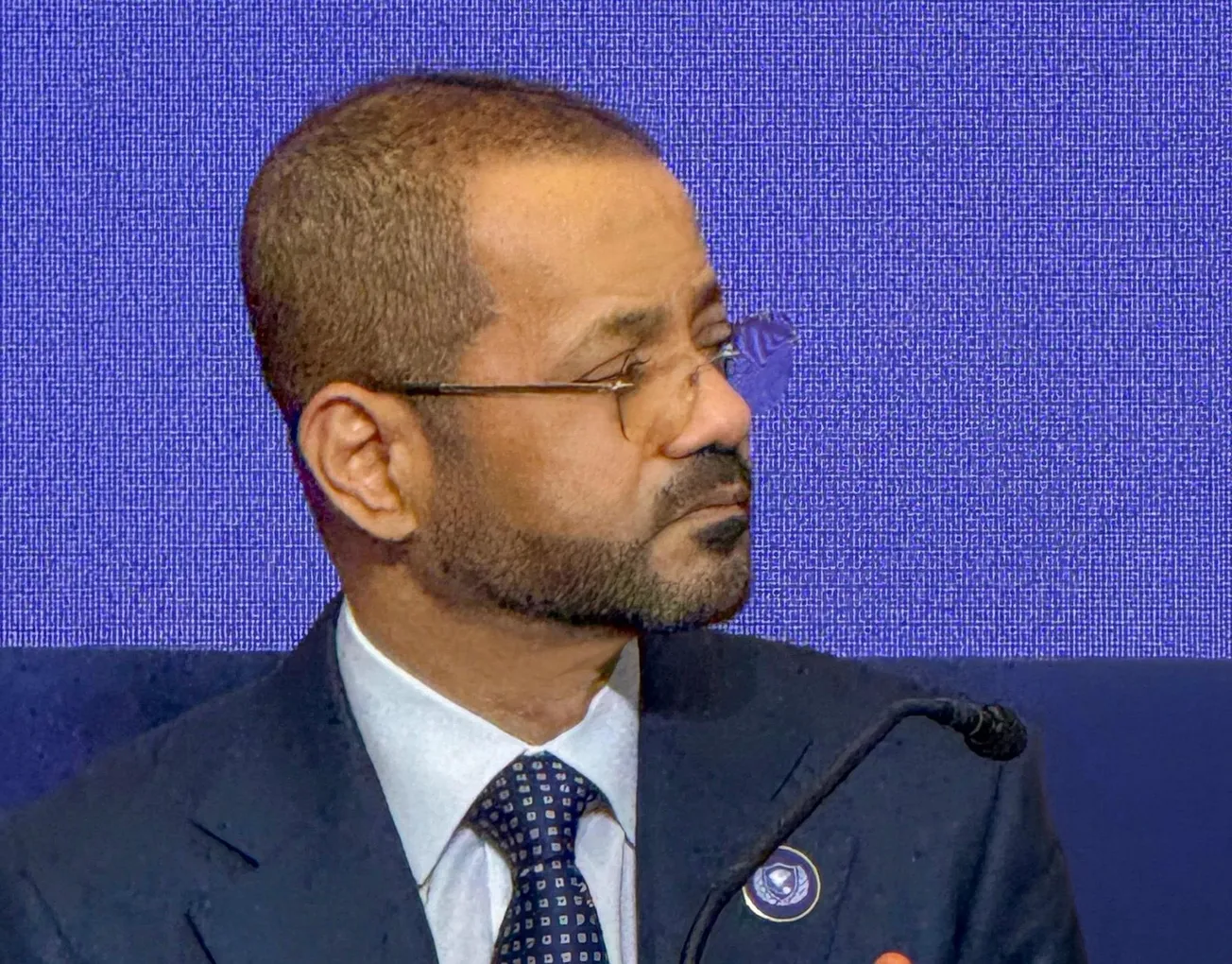Chinese President Xi Jinping’s address to the World Economic Forum on jan. 17 challenged every tenet espoused by that Malthusian nest. His message was blunt: we are in the midst of a world crisis in which no nation can survive, nor can any individual part of the crisis be resolved, unless humanity moves forward as a whole. Xi, through multiple Chinese metaphors, argued that nations must act together to implement a “people-centered philosophy of economy,” which places “development and livelihoods front and center,” if the kind of “high-quality development” required to end the pandemic, poverty, and conflict is to be achieved.
Let Wall Street and the City of London scream “communist propaganda!” Americans who know their own history will take heart upon hearing that China’s President lectured the financier parasites on how humanity can emerge from today’s Dark Age by applying what are essentially the basic principles of Alexander Hamilton’s American System of Economics, which America’s fighting patriot, Lyndon LaRouche, advocated and advanced.
The President argued: “`The wealth of a country is measured by the abundance of its people.’ Thanks to considerable economic growth, the Chinese people are living much better lives. Nonetheless, we are soberly aware that to meet people’s aspiration for an even better life, we still have much hard work to do in the long run. China has made it clear that we strive for more visible and substantive progress in the well-rounded development of individuals and the common prosperity of the entire population. We are working hard on all fronts to deliver this goal. The common prosperity we desire is not egalitarianism. To use an analogy, we will first make the pie bigger, and then divide it properly through reasonable institutional arrangements. As a rising tide lifts all boats, everyone will get a fair share from development, and development gains will benefit all our people in a more substantial and equitable way.”
Xi made four points. First, that cooperation is required to defeat the pandemic, which has proven protracted, with more variants and faster spreading than before, threatening people’s health and the global economy.
Second, that coordination is required “to turn the world economy from crisis to recovery…. Major economies should see the world as one community, think in a more systematic way, increase policy transparency and information sharing, and coordinate the objectives, intensity and pace of fiscal and monetary policies, so as to prevent the world economy from plummeting again.” Specifically, he warned, if the major economies “slam on the brakes” in monetary policy to fight inflation without developing “new drivers of economic growth,” global financial stability will be shaken, and “the developing countries will bear the brunt of it.”
Third: that global development requires overcoming the “development divide.” The number of poor people in the world “has increased by over 100 million. Nearly 800 million people live in hunger. Difficulties are mounting in food security, education, employment, medicine, health and other areas important to people’s livelihoods.” Not only have some developing countries fallen back into poverty and instability due to the pandemic; many in developed countries are also living through a hard time.



